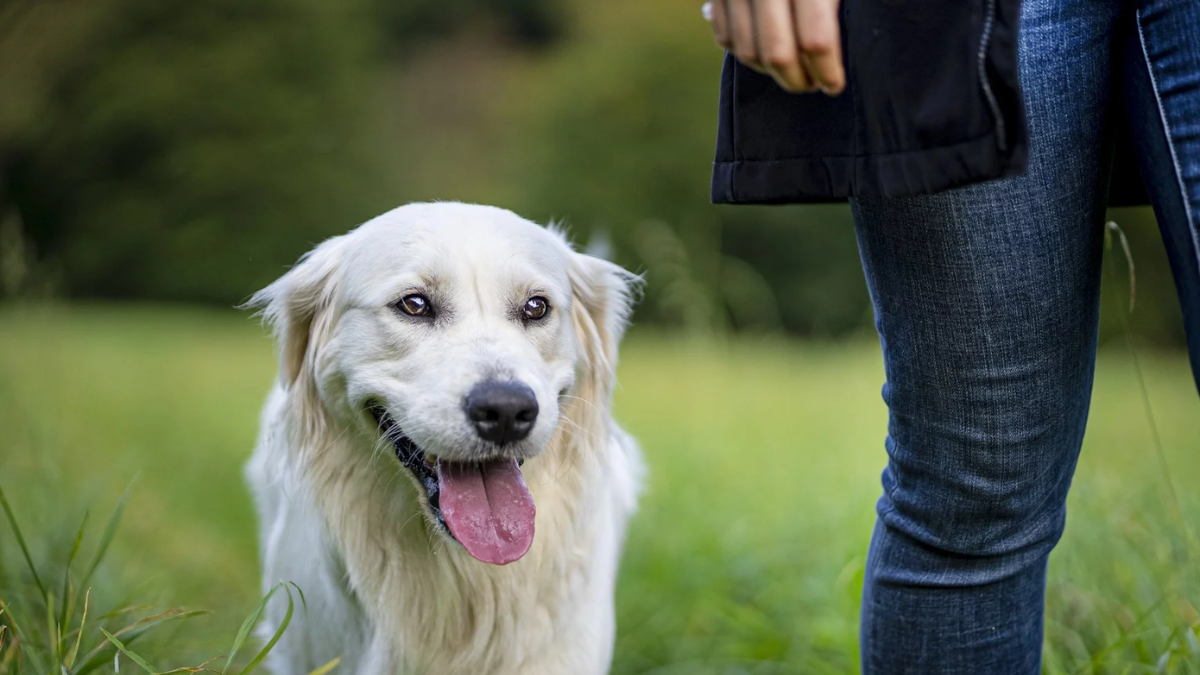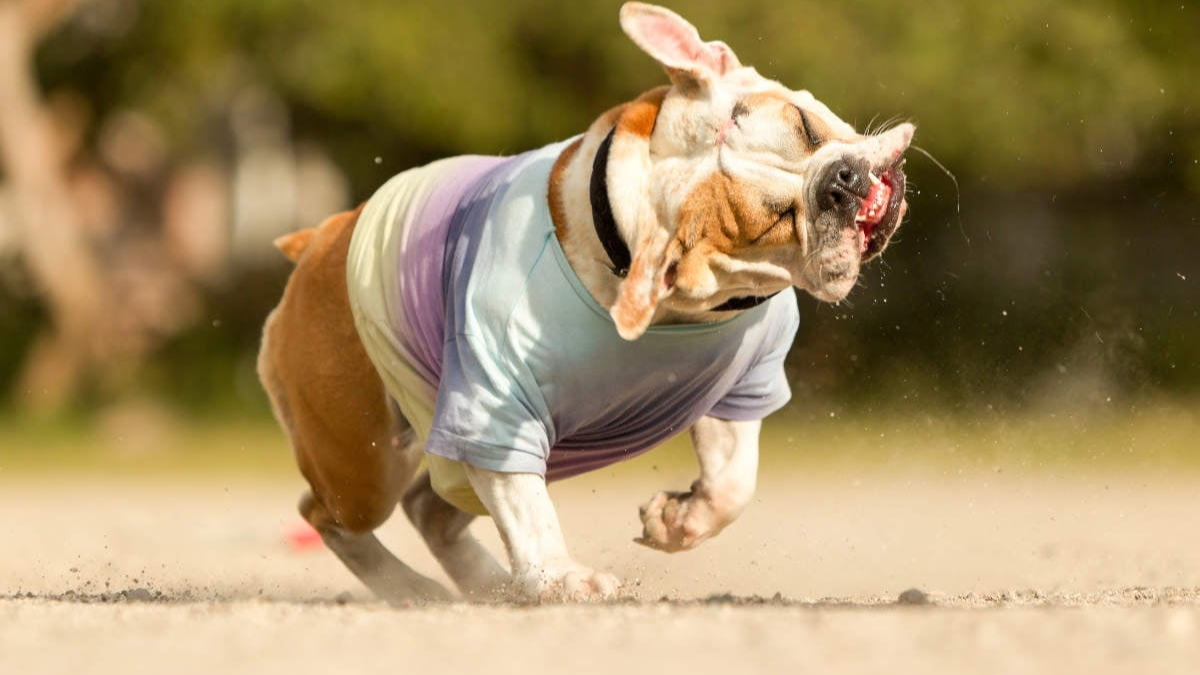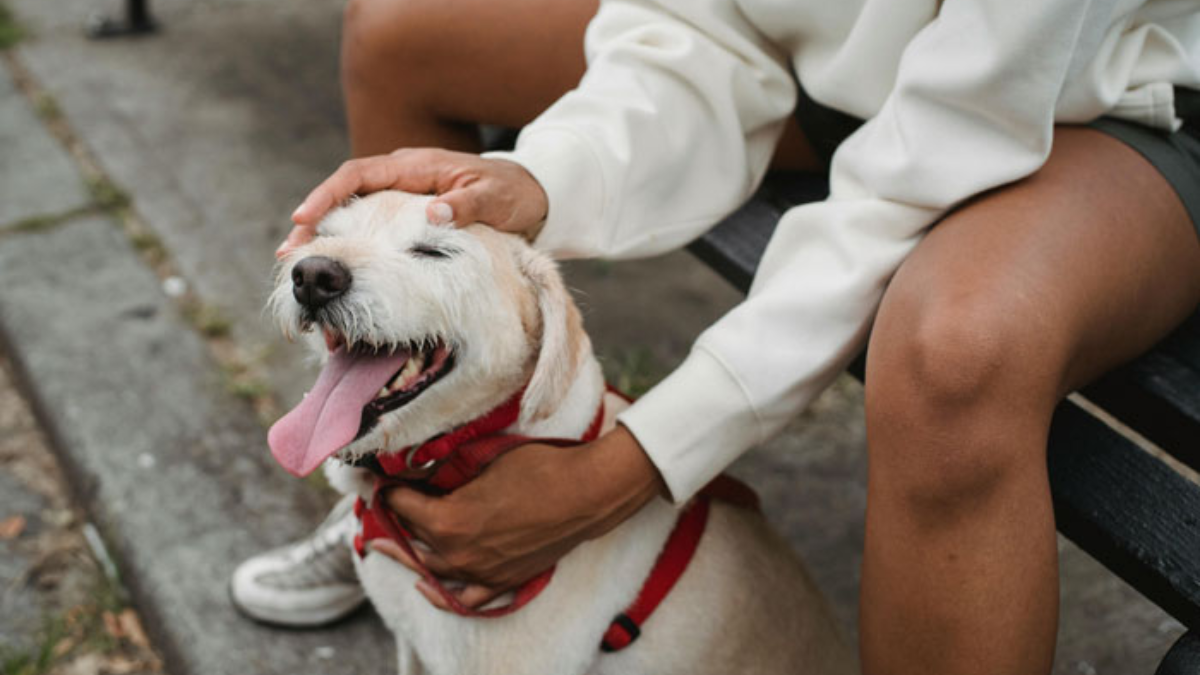It is quite alarming as a dog owner to see your dog start suddenly shaking and behaving in unusual ways. It is understandable to be concerned if your dog has been trembling, pacing, hiding, and other abnormal actions. Dogs do shake for different reasons, and it can be in instances of anxiety, fear, and other serious health issues.
If your dog is shaking and doing something strange this instant, then the first thing you need to do is evaluate the matter properly. Some reasons are less severe, while others may require a visit to a veterinarian immediately. This article will discuss possible reasons that could be telling you to take your dog to the vet, warning signs that you should be on the lookout for, and factors that lead to the need for a vet.

Why is my Dog Shivering and Acting Funny
Dogs usually tend to shake or tremble for a myriad of reasons. The shaking may also be a means of psychogenic response to fatigue, inflammatory conditions, emotion, and much more. Here are the most common causes:
1. Fear or Anxiety
One of the reasons why your dog starts shaking is usually the dog is freaking out due to some fear within them, or they are quite anxious. Dogs, just like human beings, can get psychosomatic disorders when they see something that triggers certain stimuli. Some triggers are loud noises like thunderstorms, loud explosions like fireworks, or even moving from one place to another suddenly.
Signs of Anxiety in Dogs:
- Shivering or trembling
- Walking back and forth or restlessness
- They went into hiding and wanted to be held by the owner
- Forceful Dubious Breathing
- Cry or bark
If your dog visibly shakes or displays other strange behavior after a loud noise or a stressful situation occurs, anxiety may be the problem. In some cases, even separation anxiety can make the dog behave in a certain manner when left alone or in a new place.
One of the Actions suggested:
- Create an area where dogs have the opportunity to hide during situations that they find especially stressful.
- Try clothing such as thunder shirts, calming sprays safe for dogs, or pheromone dispersal systems.
- On the other hand, those suffering from anxiety over prolonged periods should seek the advice of their vet in pursuing or being prescribed behavioral therapy or medication.

2. Cold or Hypothermia
It can shake off being cold, too, and with this, shaking dogs are common as well. Certain dog types, more common in the small dog class or with a short winter coat, are very vulnerable to low temperatures, and in order to keep body heat, they will shiver. Heart failure due to constriction from cold weather is another reason for shivering and is better known as hypothermia.
Signs of Hypothermia in Dogs:
- Profuse shivers/tremors
- Weakness or lethargy
- Incoordination, or the dog seems lost
- Cold ears and toes
- Gums turned a whitish color
What to Do:
- If it's cold and your dog is shaking, you have to take them to a room attracting heat.
- Keep them layered up in one blanket and use a heating pad placed at the lower level temperature, warm, odorless towels, and traditional hot water bottles to assist in body heating.
- Please pay attention to changes in their appearance. If troubling symptoms don't go away after the self-treatments, get assistance from a vet since untreated hypothermia can be fatal.

3. Seizures
Seizures in dogs do occur and can be mild or severe and often involve the pet shaking, twitching, or jerking. Seizures are associated with many causes, such as epilepsy, toxins, brain injury, or metabolic issues, among others. With a seizure in your dog, it is essential to remain composed and free the dog from any identifying hazards that might cause its injuries.
Signs of Seizures in Dogs:
- Twitching or jerking of the head along with the rest of the body
- Tense muscles or limbs that are immovable or hard
- A disconnection from reality or a state of disorientation
- I was involuntarily emitting salivary fluid or foam.
- Inability to hold in waste
What to Do:
- Safety precautions should be taken in order to provide a safe environment for your canine by getting rid of anything that can cause injury during the attack.
- Refrain from holding your pet down or stick anything into your pet's mouth.
- When it is over, soothe your dog and call the veterinarian.
- In case of recurrent seizures in dogs, the vet would generally recommend tests: blood tests, MRI, etc.
4. Ingestion of Toxins
One more explanation for an unexpected episode of one's dog shaking or having an odd behavior is the possibility of toxins being applied in their presence. Due to their explorative nature, dogs can sometimes swallow dangerous things like chocolate, xylitol, chemical components such as antifreeze, some plants, etc. These are but a few of the things that intoxicate animals, especially dogs. Quick-acting toxins can result in uncontrolled death, shaking, retching, and sickness.
Toxicity in Dogs Signs:
- Shaking or tremors
- Vomiting or diarrhea
- Drooling or foaming at the mouth
- Staggering or confusion
- Seizures or convulsions
What to Do:
- Get immediate veterinary care, or call an emergency animal poison control center or hotline (such as the ASPCA Poison Control Center) if you believe your pet has consumed something toxic.
- Make sure to have the toxin's package or the relevant details ready for the veterinarian in order to conduct the correct diagnosis and therapy.
- No attempt to make the animal vomit if a veterinarian has not so advised you, as this may not be watertight in some instances.

5. Distemper
Canine distemper is an infectious and highly contagious viral disease with varying clinical disease manifestations, including shaking, neurological problems, and many more. This disease affects primarily non-immunized and puppies less than compromised and, if untreated, can lead to death.
Symptoms of distemper in canines include:
- Chills, and/or eye discharge, or persistent cough
- Twitching or trembling of the body
- Diarrhea or vomiting
- Weakness or lack of eating
- Convulsions, body unresponsiveness, and coma in severe cases
What To Do:
- If your dog has demonstrated any of the signs mentioned above, you must seek advice from your vet without delay.
- Make sure that your dog gets his shots to avoid this deadly disease.
6. Nausea Or Upset Stomach
As is the case of human beings, the pets, too, experience nausea, and that may lead them to shake or behave inappropriately. Motion sickness, change in food, or gastric issues can cause nausea in dogs.
Signs of Nausea in Dogs:
- Shaking or trembling
- Year-round drooling or exacerbated lip-licking
- Throwing up or having dry heaves
- Food and water denial
- Fidgeting or wiggling in discomfort
What to Do:
- While it lasts for a day, you may need to put your dog on light meals (boiled chicken and rice) for a day or two, and this may help ease the stomach upset.
- Water should always be made available to them to prevent dehydration.
- If your dog continues to vomit or there are additional signs of distress, contact your vet as soon as you can.
7. Addison's disease:
Addison's disease is also referred to as hypercorticism, meaning that the amount of hormones produced by the adrenal glands is insufficient, which results in dogs exhibiting pronounced shaking, low levels of energy, and fatigue. This condition can develop very abruptly; bedridden canines will be seemingly dazed with no edge.
Symptoms of Addison's Disease:
- On shaking or trembling.
- Vomiting and diarrhea.
- On lethargy or weakness.
- Excessive fluid intake and urination.
- Fainting or shock in extreme stages.
What to Do:
- Veterinary diagnosis and management should be taken for Addison's disease. At first, these signs must be addressed by your veterinarian for blood investigation and others.
- Most treatment includes the replacement of hormones in order to suppress the condition.

8. Old Age and Dysfunctional Cognition
With aging, many dogs develop cognitive impairment disease (CDS), which is almost like dementia in human beings. The condition can make old dogs act weirdly, start trembling, or look lost. Tremors, excessive pacing, and disorientation can all indicate that a dog is suffering from cognitive decline associated with aging.
Signs of Cognitive Dysfunction in Dogs:
- Tremors or shivering and shivering
- Disorientation or confusion
- Changes in sleep patterns or sleeping during the day and wandering at night
- Reduced interest in interaction and play
- Mishaps with house training
What to Do:
- If you believe that your older dog is having a cognitive decline, make an appointment with your veterinarian immediately. Some available drugs and supplements can facilitate the condition and enhance the quality of life of an animal.
- Maintain the existing schedule for your dog and make available a serene and comfortable environment.
When Should I Be Concerned About My Dog Shaking?
Under normal circumstances, only a bit of shaking occurs. A little cold weather can cause a small degree of tired shaking, so this is not alarm-raising in the least bit. However, there are situations in which shaking and other unusual behavior calls for action. Take your pet to a veterinarian if:
- Your pet shivers and shakes and has vomiting, diarrhea, and respiratory distress.
- Your pet passes and begins to have seizures or faints or shows any signs of intense pain.
- Your dog has eaten poison or something strange.
- The shaking is continuous or out in the open for an extended period, also.
- Your dog's seizure is followed by considerable malaise with the symptoms of depression, absence of hunger, or confusion.

Say it all
If your dog is shaking, acting, and moving out of typical behavior, a few directing important and probable processes might be considered, including and particularly from fear to anxiety to quite a serious illness. There is the case when a little bit of comfort and care for the canine will get the situation under control, while in others, the vets are the only ones who are able to solve it. Moreover, continually observe your dog, in case you do not, and if in doubt over anything, doing some vet for your dog is rather good.